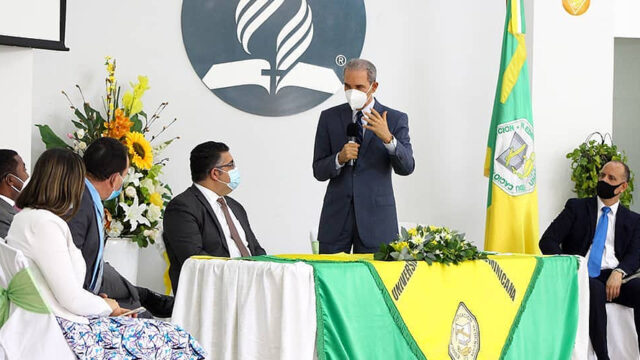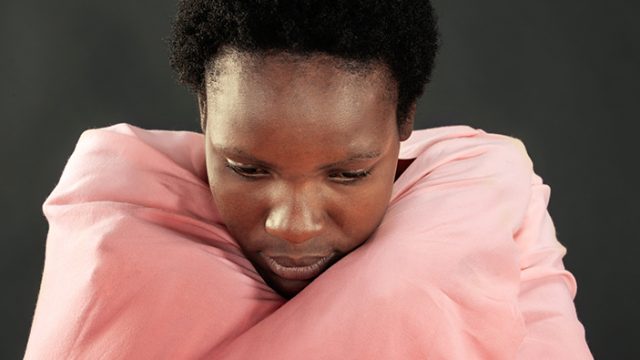In 2020 we have been reminded of our innate, human need and desire to be touched.

If I were to ask you what is the preeminent sense, how would you answer?
The gourmand may say that taste is the best sense to have. The sound engineer or someone like Graeme Clark, who invented the cochlear implant, may say hearing is the most important sense. If we could ask famous ophthalmologist Fred Hollows the same question, he would undoubtedly say that sight is the greatest of all senses. If we could have asked Helen Keller, who could neither see nor hear, what would she have said? I am quite confident that she would have said touch is the indispensable, paramount, even preeminent sense.
OUR PREEMINENT SENSE
If we should give serious thought to this question, I think we would agree with Helen Keller. Try to imagine that you have suddenly lost all sense of touch; not only hand touch, but touching by any part of your body.
You would soon be a body of bruises. But that wouldn’t be the worst of it. You could not feel the stroke of a loved one’s hand, nor feel anything at all when they kissed you—nor could you meaningfully respond. You would not know how much to chew your food, as your tongue would have no sensation. At the other end of that journey, you would not be able to tell when your excretory organs should be used. Now, that would be a problem, wouldn’t it?
The sense of touch was given to us by our Maker for a number of reasons, including enjoyment, safety, comfort, and our emotional needs.
In the COVID-19 virus environment we have been living inside for some time, so the touches we’re used to receiving from loved ones and friends are significantly reduced. We no longer shake hands, hug people, or kiss those close to us.
GOD’S TOUCH
In the Bible much is said about “touch.” The gospel descriptions of the ministry of Jesus show that touch played a significant part in Christ’s ministry of healing and giving life to the dead. Not only that, but imagine the joy little children had as Jesus blessed them, placed His hands upon them, and gave these little ones a loving hug.
The first warning about the improper use of touch was given by God Himself, when He warned Adam and Eve not to eat of the tree of the knowledge of good and evil, or they would die (Gen. 2:17; 3:3). Much later Israel was warned not even to touch unclean foods or other unclean things (see Lev. 11–15). God also warned that His anointed ones and His prophets were not to be touched in a harmful way (1 Chron. 16:22). In Christ’s time faith was wonderfully demonstrated when a woman found Jesus and touched the hem of His garment and was immediately healed (Luke 8:43-46).
When Myra Brooks Welch wrote the well-known poem “The Touch of the Master’s Hand,” little could she have guessed how popular this piece would become, right down to our day. The poem tells the story of an old, battered violin that is about to be sold at auction for just $3. But then a violinist steps out of the audience and plays the instrument, after which it is sold for $3,000. This poem is appealing because the author, through the figure of the old violinist, turns our attention to the Master of us all, who, with His touch, makes all the difference in our lives.








